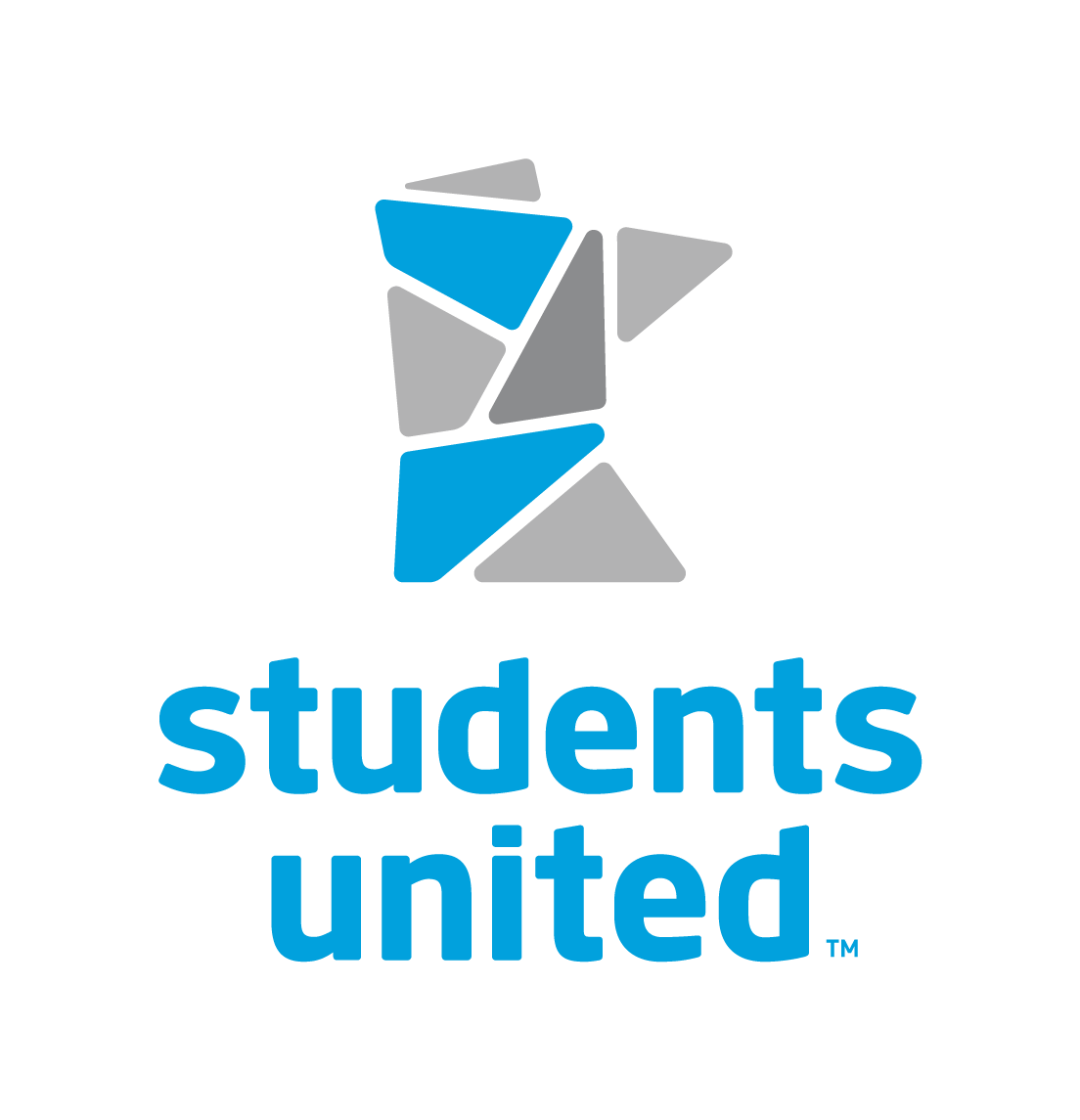Federal Legislative Agenda
In 2024, Students United has committed to advocating for policies at the federal level that support students’ basic needs, college affordability, and civic engagement.
Enhancing Students’ Access to SNAP Benefits
Too many students across our seven universities live with the daily burden of food insecurity and, as a result, suffer worse academic outcomes and struggle to complete their degrees. This crisis impacts over a quarter of students in Minnesota, and it’s time to act. Specifically, Students United calls on Congress to pass The Enhance Access to SNAP (EATS) Act of 2023 to permanently remove barriers and expand access to SNAP for students enrolled in college part-time or more.
Empowering Students‘ Voices in the Electoral Process
According to data from the Pew Research Center, nearly 20% of Minnesota’s voter-eligible population in 2019 was between ages 18 and 29. Our students recognize that active participation in our democracy is a fundamental responsibility. That is why Students United is committed to strengthening and improving ballot access for future generations, including support for the Freedom to Vote Act.
Supporting Increased Mental Health Resources
Across our seven campuses, students have resoundingly called for more resources and access to mental health support. That is why Students United is prioritizing efforts to expand the scope and scale of mental health resources across our system. Students United supports The Enhancing Mental Health and Suicide Prevention Through Campus Planning Act. This bill would require the U.S. Department of Education to partner with the Department of Health and Human Services to encourage colleges to create comprehensive plans to address mental health and suicide on campus.
Support for Increasing the Pell Grant
The Pell Grant has been fundamental to the affordability and accessibility of higher education for students from all backgrounds. In 2022, almost 117,000 Minnesotans received the Pell Grant. Nationally, 48% of Pell Grant funds go to students whose families earn less than $20,000 annually. We believe Congress needs to raise the Pell Grant’s maximum award. Increasing the Pell will create greater access to community colleges, technical colleges, and universities and will allow students to enter the workforce without the burden of overwhelming student debt.

